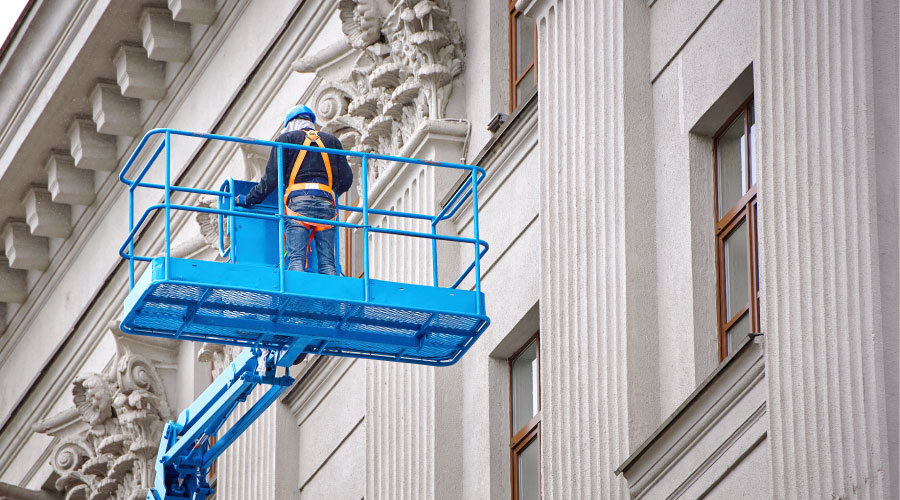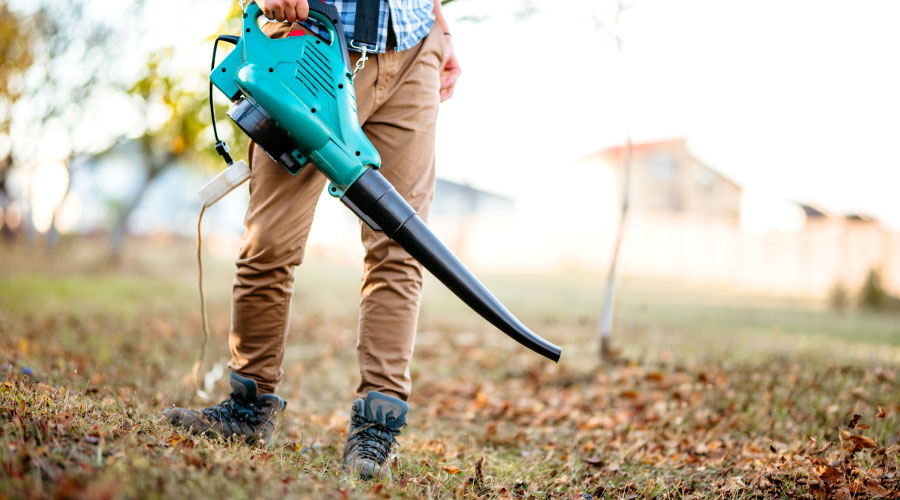Get Terms of Return, Delivery of Rental Equipment in Writing
A careful walk-around inspection of the rental equipment when it arrives avoids surprises, such as missing or broken safety devices, a missing fire extinguisher, worn or punctured hydraulic hose, leaking fluids, and body-impact or other damage. If managers do not document these items before use, the cost to repair them might end up causing an unexpected delay on the job and charge to the renter. Disabled or missing safety devices — such as outriggers on cranes or reverse flashers and audible warning signals — should automatically result in return of the equipment to the rental agent.
Damage such as dents that do not affect operation might not result in return of the equipment, but managers should note them on the rental agreement and have them initialed by the agent's authorized representative. If any doubt exists about the equipment performing as advertised, the rental agency should be prepared to operate the equipment and show it will perform all functions safely and efficiently. To save time needed to return a defective unit, it might be worthwhile to have the rental agent deliver and pick up the unit so he or she can test-operate it at the agent's facility before acceptance.
The renter must use the equipment according to all codes and regulations, so familiarity with these code requirements by managers and equipment operators is essential to avoid fines and automatic cancellation of warranties by the rental agent. Examples of requirements include operator licensing, local building permits, digging permits, fire codes, noise abatement, worker-safety rules, and environmental regulations.
In the terms and conditions, the renter might be required to perform maintenance while the equipment is in use. These tasks can include: checking safety devices and signage; using specified oil and grease; changing filters; adjusting cylinder seals to avoid loss of fluids; maintaining tire pressure; checking nuts and bolts for tightness; checking attachment hitches to ensure they do not slip or come loose; checking lifting cables and hooks for wear; checking brakes and clutches; checking compressors and air-operated equipment, such as jack hammers, for proper seals; checking and sharpening bits; and cleaning the equipment daily.
In some rental situations, as in the case of a truck crane, the agent might require, or the renter might prefer, that both an operator and a maintenance technician accompany the rental for the full period of use. In such cases, the agent is responsible for appropriate licensing and workers compensation and liability insurance.
Equipment return
Proper risk management includes cleaning and inspecting all pieces of rental equipment prior to return and making sure equipment is in the same condition as it was at delivery, which is why the record of damage recorded when the unit was delivered is valuable. For example, body damage listed on the agreement at delivery and initialed by the rental agency representative leaves no room for doubt about whose liability the damage is.
The arrangements for equipment return need to be spelled out in advance. What constitutes return? A phone call might not. The person taking the call might not be authorized to accept a return, and in the event of a misunderstanding, there might not be a record that a return was even requested.
The equipment must be returned to an authorized rental agent at a time and place designated in the agreement and recorded so no misunderstanding can occur. If the return requires pick up by the rental agency or delivery by the renter, the rental charge will continue until the equipment is delivered to the drop off point and signed off by an authorized return agent. Do fees for late return apply? Managers must be sure penalties for uncleaned or damaged equipment are spelled out in writing.
Related Topics:











